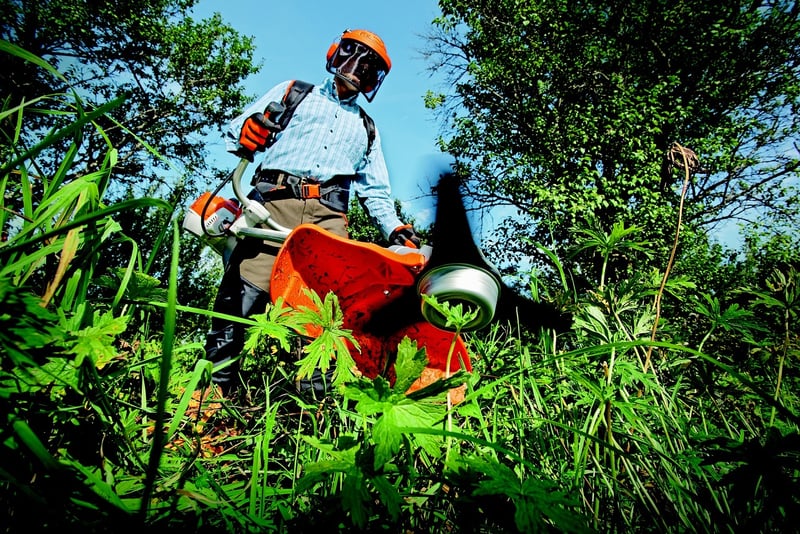Dealing with pests
#Plant care
#Gardening tips
#Plant maintenance
Tips for Healthy Plants and Dealing with Pests
Maintaining Healthy Plants
Having healthy plants not only beautifies your space but also contributes to a healthier environment. Here are some tips to help keep your plants in top condition:
- Water plants appropriately based on their specific needs; overwatering can be as harmful as underwatering.
- Provide sufficient sunlight according to the plant's requirements.
- Use well-draining soil to prevent waterlogging and root rot.
- Fertilize plants regularly to ensure they receive essential nutrients.
- Prune plants to promote growth and remove dead or diseased parts.
- Monitor for signs of disease or nutrient deficiencies and take action promptly.
Dealing with Pests
Dealing with pests is a common challenge for plant enthusiasts. Here are some natural ways to tackle common plant pests:
- Neem Oil: Effective against a wide range of pests and safe for most plants.
- Diatomaceous Earth: Works by dehydrating insects and is safe for indoor use.
- Beneficial Insects: Introduce ladybugs or lacewings to prey on aphids and other pests.
- Homemade Sprays: Mixtures of soap, oil, and water can be effective against various pests.
- Physical Removal: Pick off larger pests like caterpillars by hand or prune affected areas.
By following these tips for maintaining healthy plants and dealing with pests, you can ensure your garden or indoor plants thrive and remain pest-free.

Remember, prevention is key when it comes to plant health, so regular monitoring and care are essential to catch any issues early on.
For more detailed information and personalized advice, consider consulting with a local plant nursery or gardening expert.
Happy gardening!
